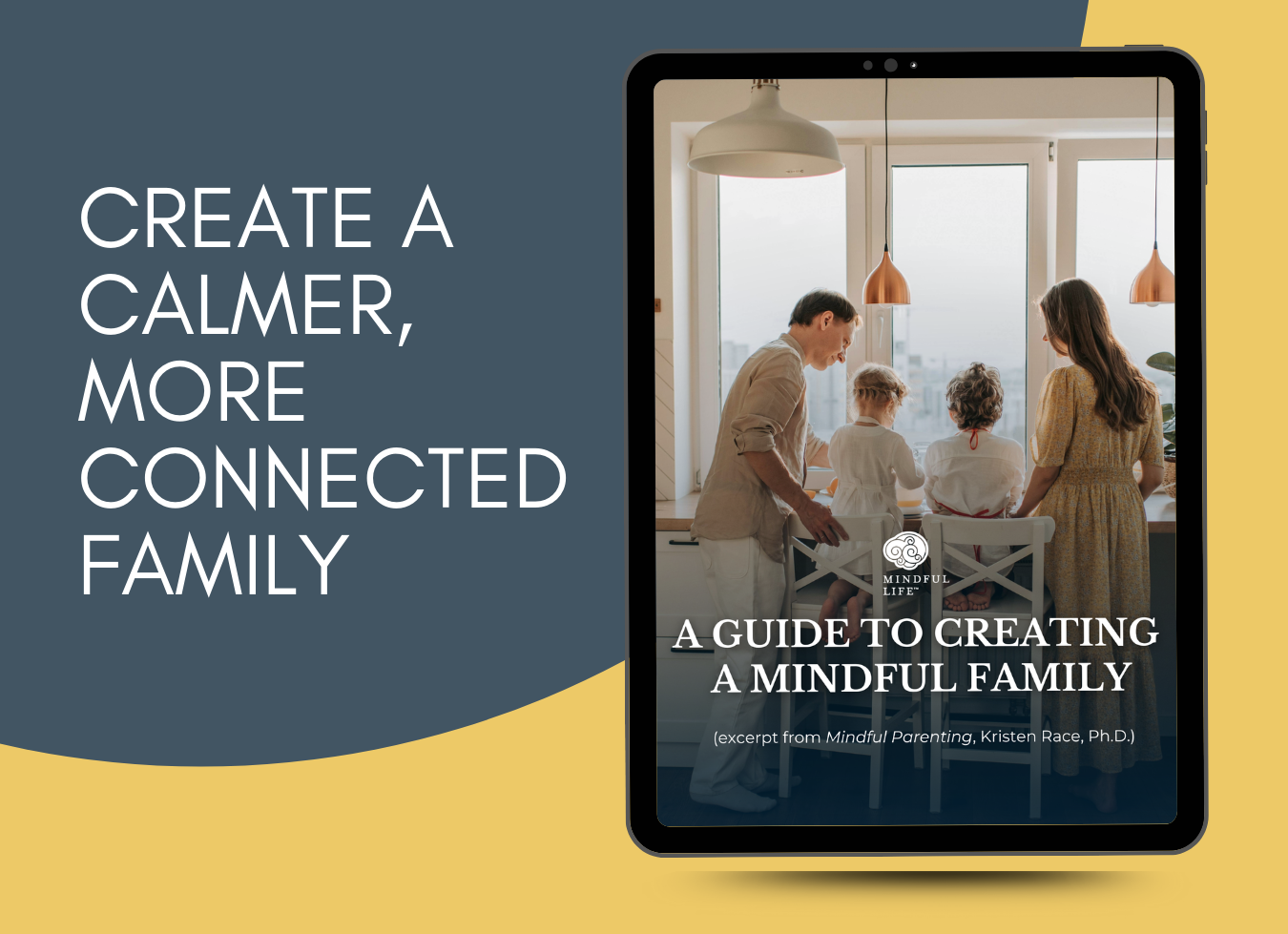How to Rewire Your Brain Right Now for Stress Resiliency
Mar 12, 2024

Does your brain have an interpreter?
One of our biggest contributors to stress isn’t the actual situation that is occurring. It’s our INTERPRETATION of events that causes a lot of our daily suffering.
Neuropsychologist, Rick Hanson, calls this, the second dart. The first darts of life are the inevitable annoyances that happen throughout our day or the unavoidable, unfortunate situations that occur in our life.
The first dart is basically acknowledging that “Sh*t Happens”.
The second dart is optional suffering, and it’s where we usually add insult to injury. It’s our interpretation that today’s traffic jam will mean that we are late to school, therefore our child will miss important lessons and ultimately will never get into college! Plus we’ll be late to work, lose our job and, therefore, not be able to afford college, even if they still get in.
At work, this might look like you sitting in an office chair, staring at a computer screen. When we are in our narrative circuitry, we can easily get derailed by a whirling dervish of stressful thoughts about never being able to complete our tasks in this lifetime or ruminating about a tense comment in a meeting or email.
Pretty soon we’ve shot enough second darts that we can no longer focus on our workload, and our plate feels even more full than it already was.
As a result, our work tasks get completely bottlenecked, and we actually create more unnecessary stress and suffering for ourselves.
When our limbic system gets aroused like this, we no longer have ready access to our prefrontal cortex. This makes getting complex tasks done, at work, nearly impossible. So work bleeds into home life, we never get to fully replenish, chronic stress continues and around the not-so-merry-go-round, we go!
How do we put our darts away and get back to what we were doing?
1) NOTICE HOW YOUR BUTT FEELS IN THAT CHAIR!
Stanford research recommends focusing on your direct experience to get out of your default network of second darts. Direct experience means that we feel our feet on the carpet. We notice our breath. We pay attention to what’s literally happening around us – not our interpretation. Focusing on the direct experience gets us out of fight or flight and enables us to access our prefrontal cortex, again.
2) PICK A NEW PATH
It’s OK that you took a little detour into a bad neighborhood in your brain. We all do it. Chronic stress just means that the pathway to panic is a well worn route in your neurology. But traveling this same road over and over, again, is not a great way to feel fulfilled and happy in life. Can you take a different perspective of the situation? Can you come up with three other positive interpretations for every perceived negative story and see if they could also equally be true. Can you meet your default network thinking with some curiosity about alternatives?
3) PUT SOME STRESS-RESILIENCY IN THE BANK
Yes, I’ve said it before, and I’ll say it, again. Daily mindfulness practices have been shown to activate regions of the brain that not only help control your attention and focus, but also activate the insula. This area of the brain is involved in perception and self-awareness. It helps you not get caught up in stories about the future or the past.
If you’d like to truly commit to the stress-resiliency benefits of bringing small scientifically-backed changes into your life…
I encourage you to join me in the Mindfulness and the Workplace course. Mindfulness and the Workplace will replenish, rewire and recharge your work day so that you can get some much needed relief.
This is not just another course about meditation!
Mindful breathing is a keystone habit of the program, but it’s just the tip of the iceberg. In the 9 weeks you’ll learn how to:
- Optimize your work day based on your brain states
- Create your distraction-free zones (no matter what line of work you’re in)
- Learn how to respond rather than react to your colleagues – and your kids
- Get out of your default state of stress at work – and at home
The six modules are delivered over nine weeks and are designed so that you can spend your time integrating the practices into your daily life rather than watching endless hours of video!
You are also invited to four workshop webinars. You can either participate live or absorb it all when it’s convenient for you.


